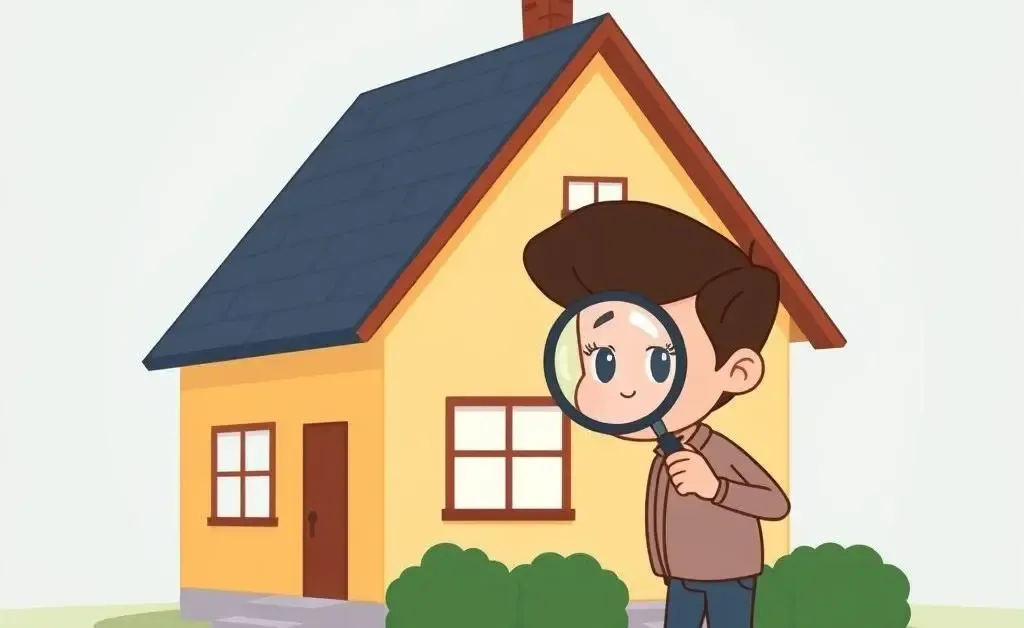Decoding the 'As Is' Clause: What Homebuyers Need to Know
Explore what 'as is' means in real estate and how it affects homebuyers.

Ever stumbled upon a home listing labeled 'as is' and felt a bit perplexed? You're not alone. The phrase 'as is' can feel daunting, especially when you're diving into the unpredictable pool of real estate. But fear not, dear reader, we're here to break it down into digestible bits.
What Does 'As Is' Actually Mean?
In essence, 'as is' signifies that the current owner is selling the property in its existing condition, with no promise for repairs or improvements. It's a subtle reminder to the buyer: 'What you see is what you get.'

Why Do Sellers Choose to Sell 'As Is'?
Sellers often list a property 'as is' for several reasons, such as:
- Avoiding repair costs they cannot afford.
- Transferring the risk of unknown defects to the buyer.
- Quick sales to avoid further delays or costs.
Imagine this: Alex is trying to sell her childhood home. It's faithful but showing its age—creaky floors, a quirky plumbing system, and perhaps a mystery or two in the attic. Alex decides to sell it 'as is'. Is she hiding something? Not necessarily. Often, it's just a practical decision.
Should You Buy a Home 'As Is'?
Buying a home 'as is' might seem risky. Here are some tips if you're considering taking the plunge:

Do a Thorough Inspection
Before signing anything, invest in a detailed home inspection. Imagine it as your own mini-investigation. Discover what you're truly dealing with—it could save you a world of headaches later.
Assess Your Renovation Budget
Have a realistic renovation budget at the ready. Can you shoulder the potential improvements this charmer might demand? Often, knowing you can fix what's broken helps you sleep easier at night.

Conclusion
Buying a property 'as is' is certainly no stroll in the park, but with diligence and a keen eye, it might just be your path to a wonderful new home. Ready to take on an as-is adventure, or would you prefer something a little more polished?




